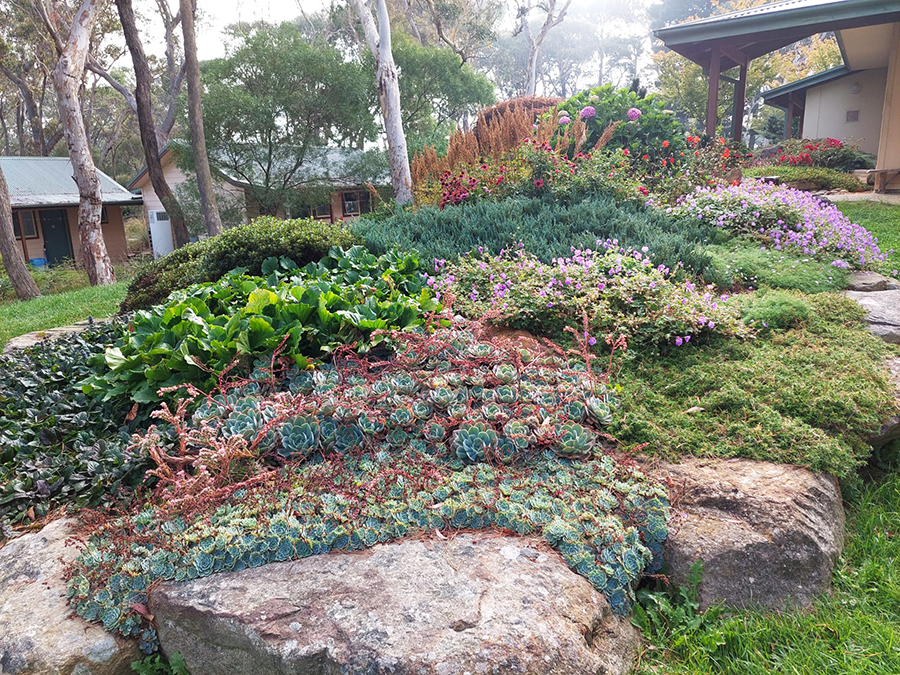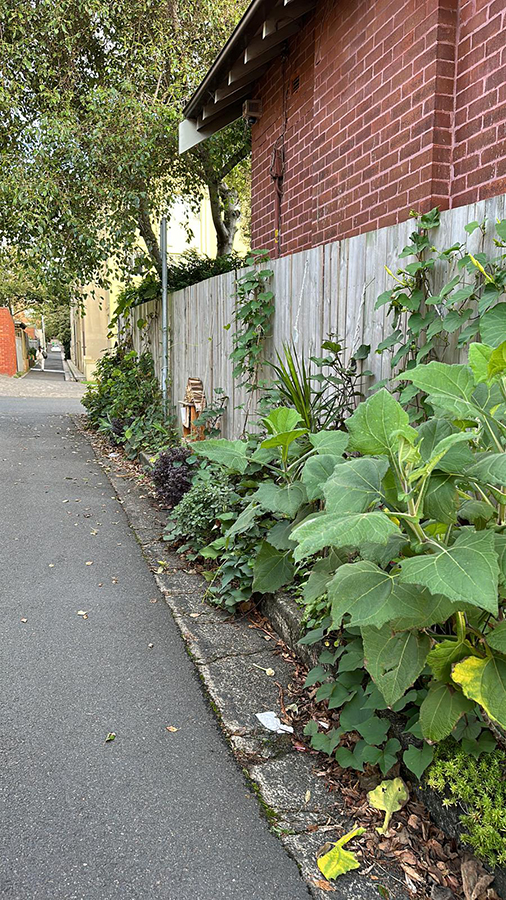Messy Garden Messy Mind?
By Daniel
Can the condition of our garden mirrors the state of mind we are in? As a gardener I sometime attend gardens that have been neglected over a long period of time. Some of these gardens had been created with a particular design in mind which took time, effort and other resources to establish. Looking carefully, I can see beautiful plants camouflaged among overgrown vegetation and pathways that are covered with weeds and pigeons out of old habit still check out the empty birdbaths that used to quench their thirst and cool them down on hot days.

I usually don’t ask the owners why they’ve allowed their garden to fall by the wayside but I have my guesses: going through a rough mental and physical patch, away from home too often, lack of motivation or purpose. One owner I knew had gone through a marriage break up and struggled to look after a large garden on her own when once as a couple they shared the task of looking after it. Sometimes I pick up a sense of guilt and sadness in their eyes for they remember how wonderful their gardens once looked like. They would like to see it alive and radiating, purposeful and inviting again. And by getting some help from a gardener like myself their task doesn’t seem as daunting.
Once the garden gradually begins to look restored and given a chance to bounce back, I can see their overall mood changes for the better. Some pull up their sleeves and begin to work in their garden no longer feeling an outlier to it but part of it.
Although the meaning of having a garden may be different for each person but I came across a gardening book that says, “ the enclosed garden, originating in ancient Persia, became a model for garden-makers in the West, a place where ordered reality offered relief from the stresses of everyday life.” I’m sure creating a garden over the centuries has taken on multiple meanings and definitions for different people. But its original purpose can still resonate with us when a few hours gardening can make us more relaxed and give us a break from the pressures of life. Gardening can also teach us how to care for the greater environment.

During the pandemic the lockdowns didn’t feel as constricting for those lucky enough to have a garden. Some with no garden of their own became active in their community gardens and discovered the joy of gardening and met likeminded people and felt better in a troubled world.
A garden can also be seen as an empty canvas and approached artistically. Are we after colours in our garden? Do we like certain plants more than others? How do we want to feel in our garden? Some of us like to attract native birds and butterflies to their garden. Successful gardening involves learning about plants, soil, climate and our ecosystem. So, it engages not only the body but the mind. Perhaps gardening like meditation would yield great rewards if we keep at it with some regularity and commitment. But if for some reason we falter or fall by the wayside it’s always there to pick us up.
